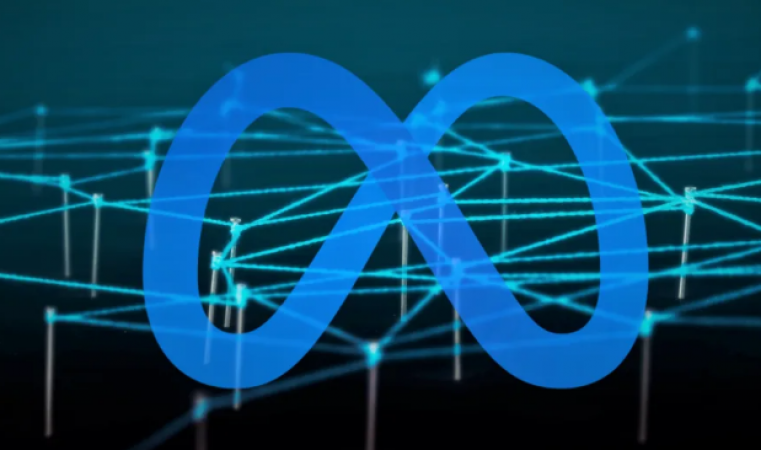
United States: Among social media outlaws, "decentralized social network" has become the new buzzword. Two of the biggest names in the sector, Jack Dorsey and Mark Zuckerberg, are among the interested parties.
Dorsey has long supported the decentralized social network, but as far as we know, Zuckerberg is new to it. This begs the question why they are drawn to a decentralized social app.
The concept of decentralized social networks is not new. Many believe that Diaspora, which started in 2010, was the first decentralized social network.
Also Read: Centre reviews 'Safe Harbour' Clause In Digital India Act: Minister
Despite being around for a while, they never achieved the level of popularity they do now. This may be a result of how divisive some traditional social networks are.
Before discussing the decentralized experiments of the wealthy, let's first examine the need for a decentralized social network.
These networks were created as a counterweight to the dominance of large platforms such as Facebook, Instagram and Twitter. Due to the enormous power centralized social media apps have, problems such as forced content feeding, algorithmic bias and censorship (whether ordered by the government or not) arise.
Decentralized social networks were developed as a response to the excessive control and curtailment of traditional social networks. Masterdon is the most famous decentralized social network, and it became famous after Elon Musk took control of Twitter.
Also Read: The web version will now feature "image translation" thanks to a decision by Google.
There is no single server for this. Instead the servers are linked together. Additionally, it is a component of Fediverse, a group of servers that support the ActivityPub protocol.
It's time to talk about meta, the proverbial elephant in the room. What Meta has to do with a decentralized social network must be a mystery to you.
All things considered, it is the largest social network company in the world by far. However, you are seeing a tendency for meta to experiment with every fad in social media.
The decentralized text-based app from the Mark Zuckerberg-led business is codenamed "P92". Similar to Mastodon, it will be a standalone decentralized social network where users can update text.
The P92 will support ActivityPub, just like Mastodon, making it easier for users to connect to other servers on Fedverse. With its new service, Meta wants to compete with Twitter like Mastodon.
The billionaire-backed BlueSky app, which was developed within Twitter and is now preparing to compete with the same Twitter, is another decentralized social network.
The 'Authenticated Transfer' protocol, an open-source protocol, drives it. The protocol aids in the development of decentralized and federated social networks. It goes on, but only for those who have been invited.
Also Read: The latest DART mission results from NASA show that we can divert asteroids
In light of this, why are so many billionaires developing decentralized social networks? Struggling microblogging service Twitter is the first target for P92 and Bluesky.
Of course they want a piece of that pie, that much is clear. Because it doesn't want to miss out on what could be the next revolution in social media, the interest in meta can also be preventive in nature.